Spain’s Socialist Prime Minister Pedro Sánchez, who was sworn in for another term last week despite and thanks to the Catalan amnesty controversy, unveiled a new cabinet on Monday which maintains many of his ministers in their posts.
Despite having vowed to slim down his cabinet, the 51-year-old kept the number of ministerial posts at 22, 12 of them headed by women.
Sánchez has also recovered the four vice-presidencies of his first tenure, all of which will be covered by female ministers.
Hard-left coalition partner Sumar will be responsible for five ministries, the most important one being the Health Ministry.
Upon announcing his ministers, Sánchez said his cabinet was made up of “people capable of managing but also of reaching agreements and explaining them publicly”, made up “young talent” and “experience”.
What seems clear is that Sánchez has overall preferred to surround himself with loyal ministers who’ve stuck by his side since he first won the premiership in 2018, and his exclusion of radical left Podemos ministers suggests he will look to avoid similar frictions with its new hard-left partner Sumar.
The ministers staying in Spain’s new government
Economic Affairs Minister and First Deputy PM: Nadia Calviño
The capable economist, fluent in English and a mainstay on the European political stage, is awaiting a position as head of the European Investment Bank, meaning her tenure as number two in Sánchez’s new government could be short-lived, and possibly filled by José Luis Escrivá.

Minister of Labour and Second Deputy PM: Yolanda Díaz
The head of Spain’s new hard-left Sumar, which broke away from Podemos and has now replaced them as the PSOE’s junior partner in power, has been described by detractors as a ‘communist dressed in Dior’. Nevertheless, her affability and outspokenness have made her the most popular Spanish candidate in the polls before the July 2023 general election.
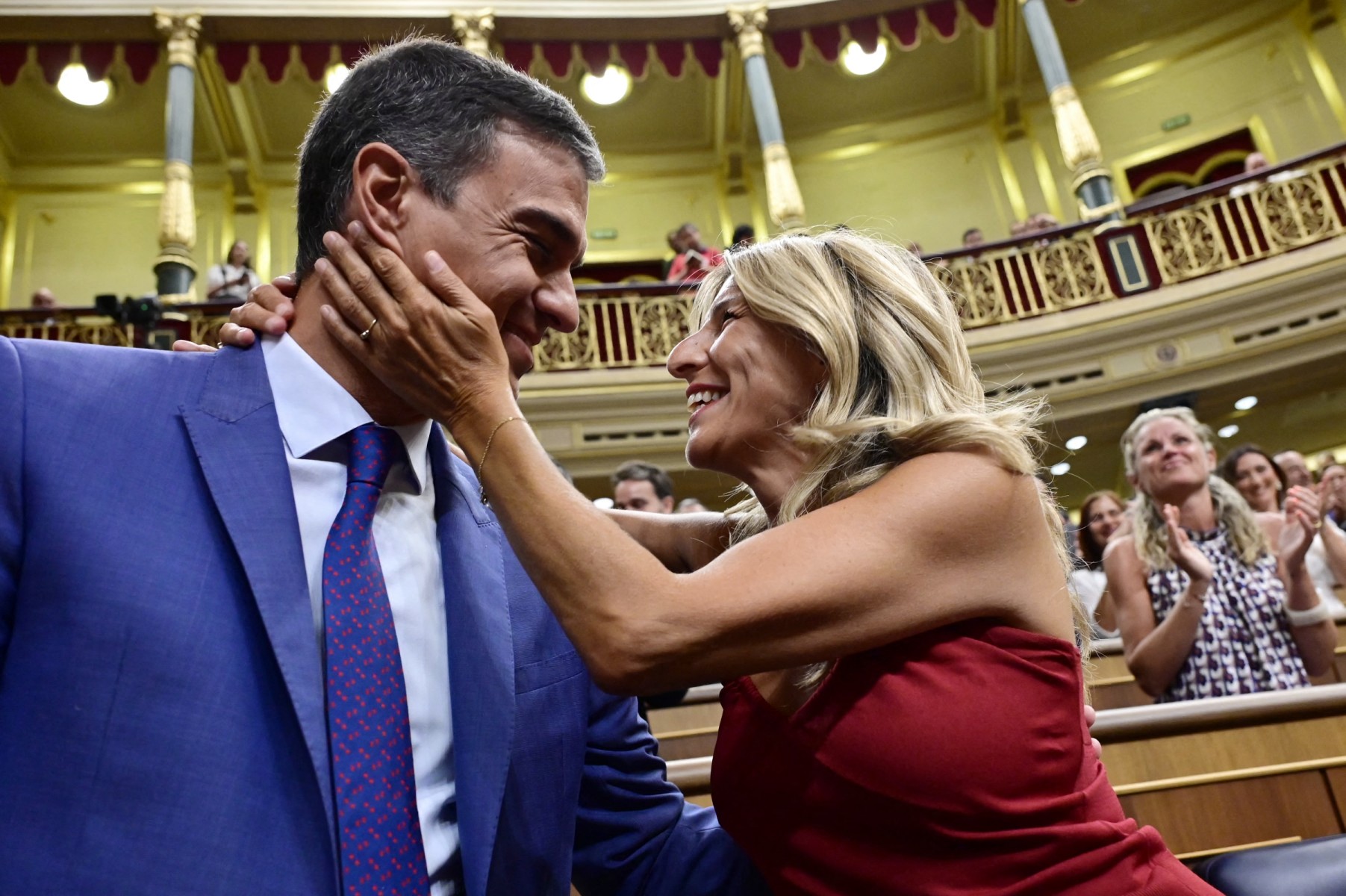
Minister of Ecological Transition and Deputy PM: Teresa Ribera
Spain’s ongoing environment minister recently went viral after riding a bike whilst escorted by security vehicles after allegedly flying into a climate summit by private jet (the latter turned out not be true). Ribera will continue to be in charge of Spain’s climate change fighting measures.
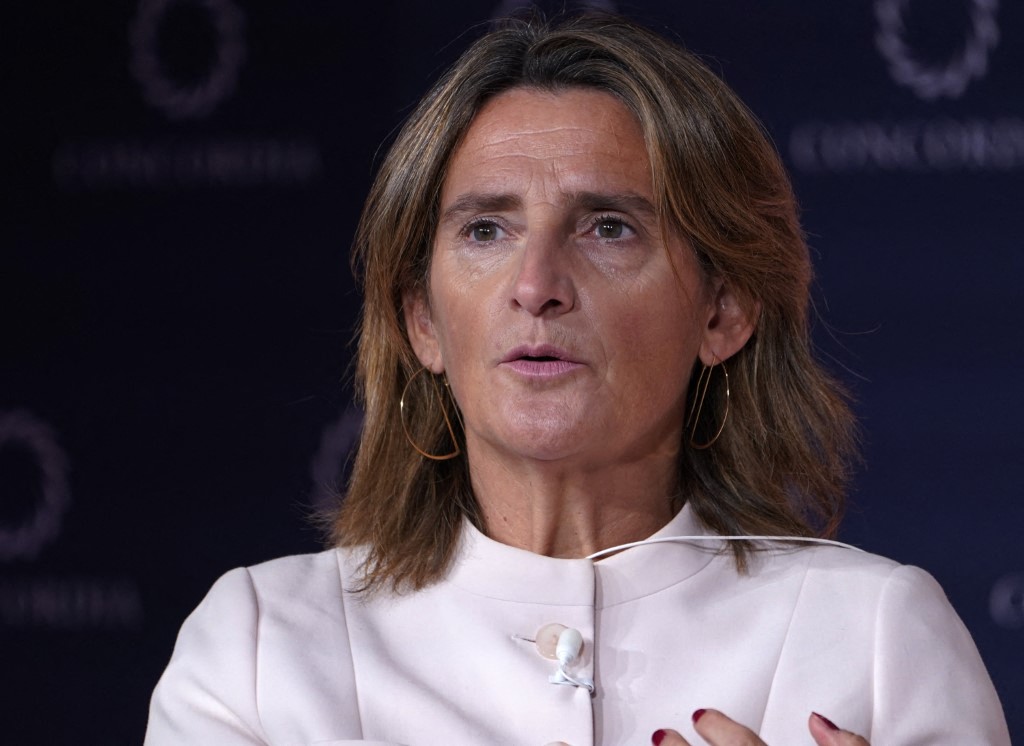
Minister of Budget and Civil Service and Fourth Deputy PM: María Jesús Montero
Budget minister María Jesús Montero is known for her strong Andalusian accent as well as being the person who delivers fiscal news to Spaniards, from the ‘solidarity’ tax on millionaires to changes to capital gains. Her new role as fourth Deputy Prime Minister sees her move up within Sánchez’s government.
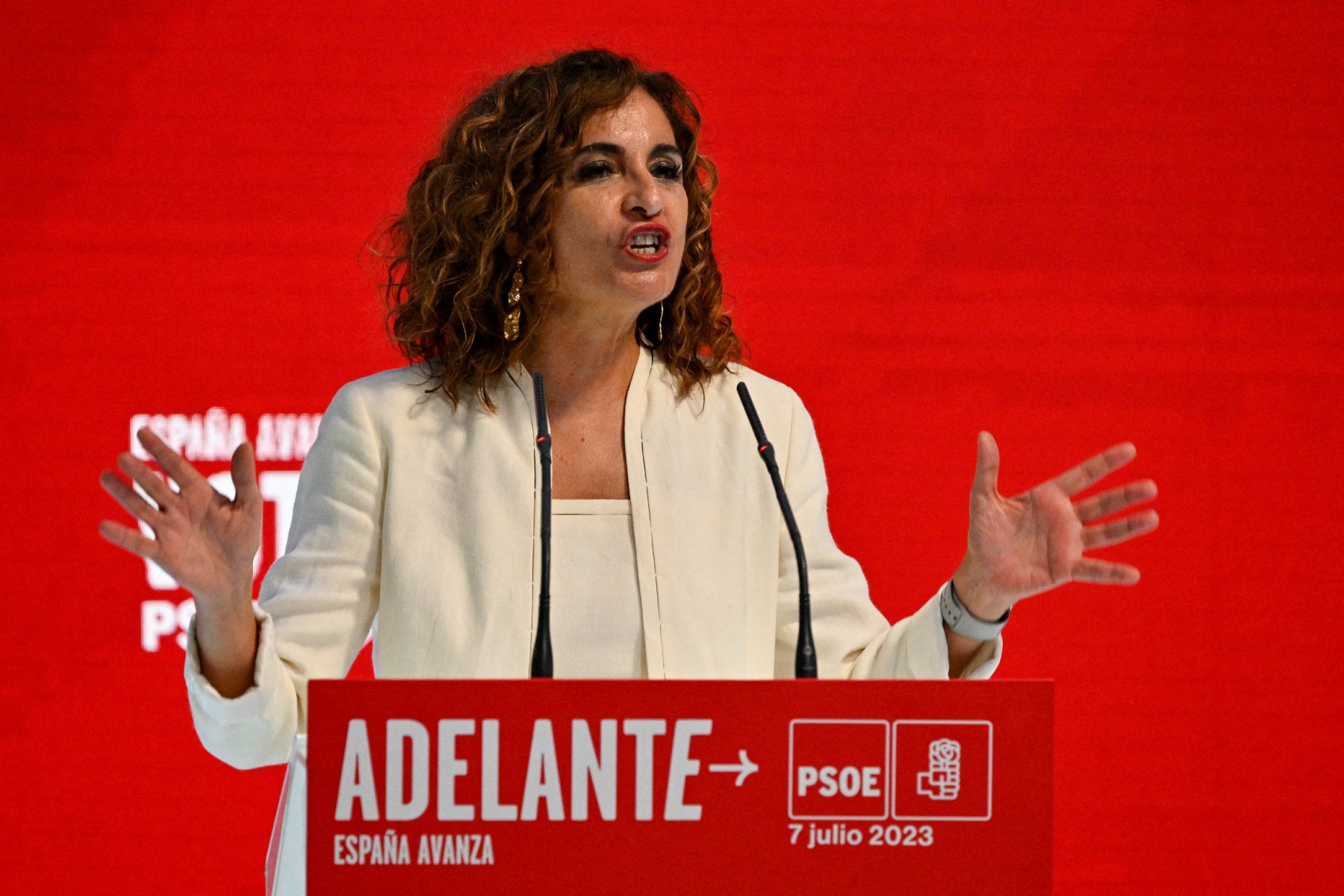
Minister of Justice and Presidency: Félix Bolaños
Bolaños has built up a reputation as Sánchez’s man for everything, having already held different roles in government since 2018. In his new position as Justice Minister (whilst keeping that of Presidency), he will have to take on the challenge of the controversial Catalan amnesty and the Socialists’ deteriorated relationship with Spain’s judicial system.

Minister of Foreign Affairs: José Manuel Albares
Albares will continue to be Spain’s diplomat in-chief for the next four years if everything goes as planned. He’s behind Spain’s improving relationship with Morocco and will remain the face and voice of Spain during geopolitical crises and discussions.

Minister of Defence: Margarita Robles
Robles, who’s been Spain’s Defence Minister since 2018, is the most valued of Spain’s ministers according to surveys by Spanish think tank CIS, even among right-wing voters. The coordination of Spain’s military during the pandemic, periods of wildfires and the help her ministry provided to Ukraine after Russia’s invasion have ensured her popularity within and outside of Spain’s armed forces.
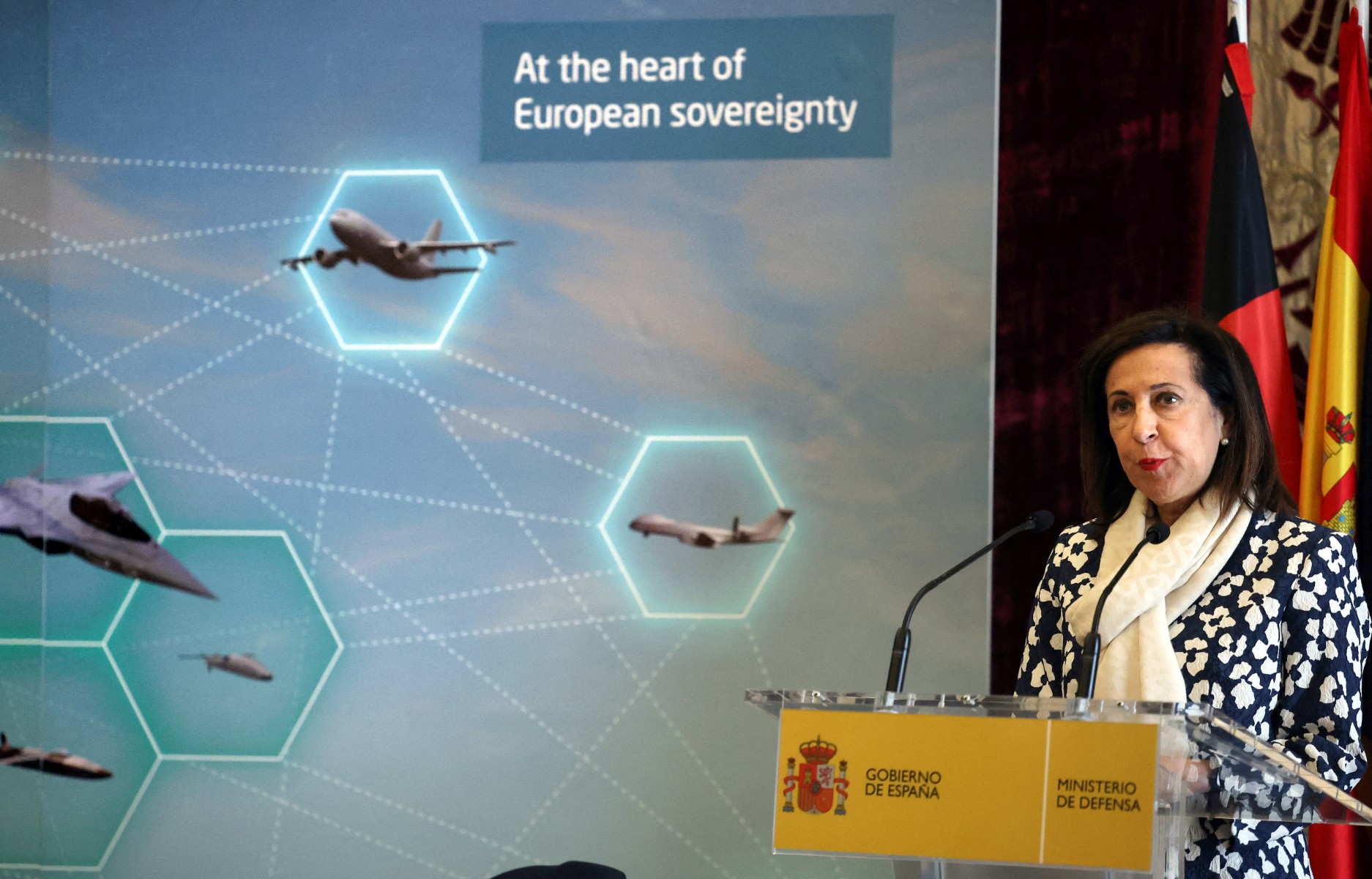
Minister of the Interior: Fernando Grande-Marlaska Gómez
Spain’s Home Affairs Minister since 2018 has been blamed for his handling of the country’s migration crisis but this hasn’t prevented Sánchez from keeping him in the role, even though the regional parties that the PM pandered to in order to get an absolute majority have opposed Marlaska’s reappointment.

Minister of Education, Sports and Government Spokesperson: Pilar Alegría
Alegría is the only ongoing minister which will acquire a triple role in government, having been chosen by Sánchez as his Government Spokesperson and Sports Minister, as well as holding onto her position as Education Minister.

Minister of Housing and Urban Agenda: Isabel Rodríguez
Rodríguez will be swapping her role as Government Spokesperson to minister responsible for fixing Spain’s ongoing housing crisis, with spiralling rents and social housing one of the biggest concerns among Spaniards.
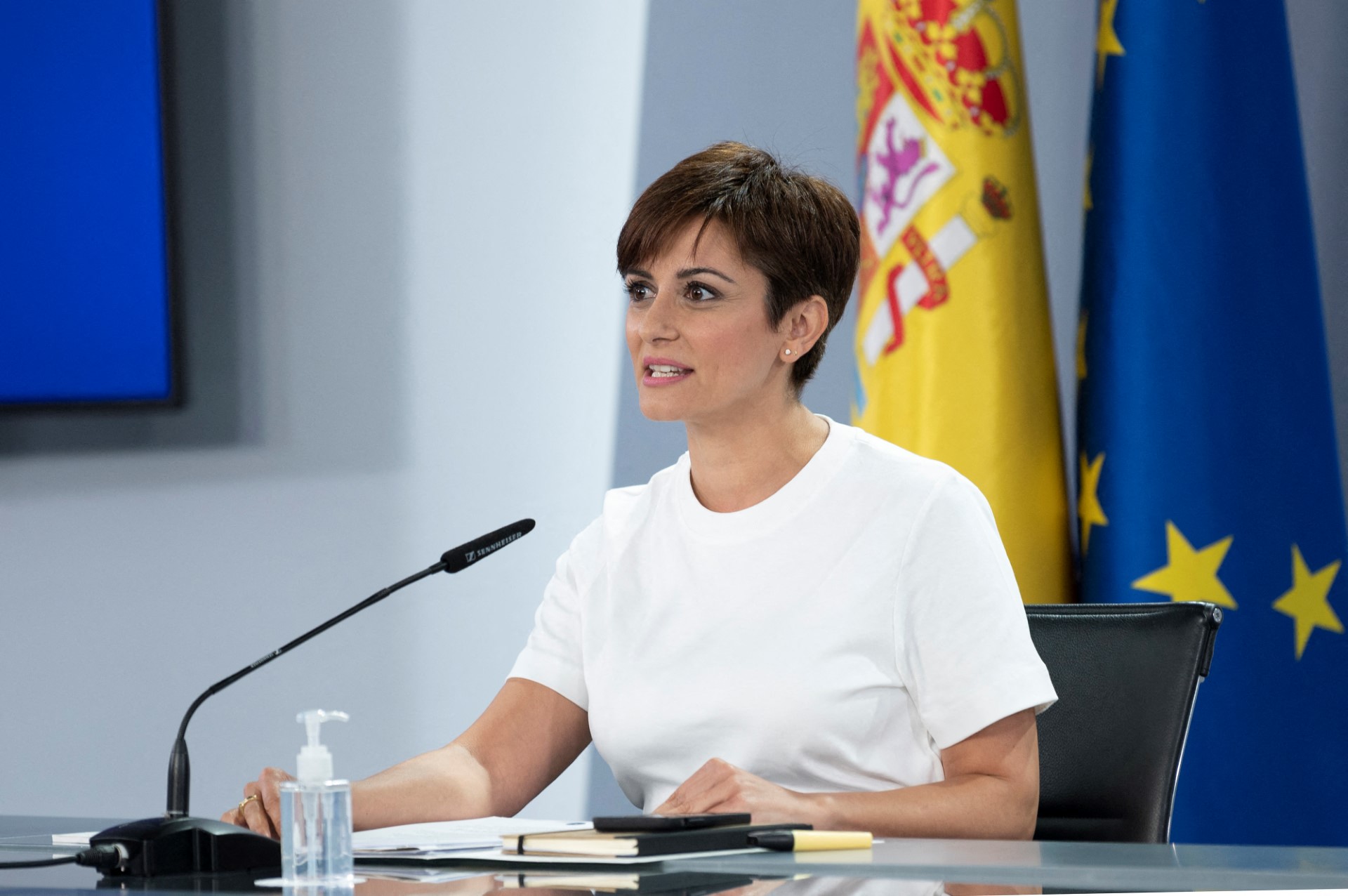
Minister of Digital Transformation: José Luis Escrivá
Previously in the role of Minister of Social Security and Migration, Escrivá is now in charge of a new ministry which will be responsible for investing billions of euros of EU Recovery funds into companies and systems that make Spain less bureaucratic. He enjoyed middling success in his former role, which was largely focused on making official processes easier, from recruitment to social security delays.

Two other lower key ministers who will continue to hold their ministerial positions in Sánchez’s government are Minister of Science, Innovation and Universities Diana Morant, and Minister of Agriculture, Fisheries and Food Luis Planas.
The ministers leaving Spain’s government
Hard-left party Podemos are the biggest losers in this latest cabinet reshuffle. Even though they only headed two departments previously, the laws Irene Montero and Ione Belarra passed during the previous legislation have all been ground-breaking but flawed, with the country’s sexual consent law passed by the outgoing Equality Minister proving particularly controversial.
Unidas Podemos still have five seats in Parliament, which they may choose to use against the new coalition government for being cut out of power, a “mistake” according to them.
The full list of ministers leaving Spain’s government is as follow:
Minister of Equality: Irene Montero (Podemos)
Minister of Social Rights and Agenda 2030: Ione Belarra (Podemos)
Minister of Justice: Pilar Llop (PSOE)
Minister of Culture and Sports: Miquel Iceta (PSOE)
Minister of Consumer Affairs: Alberto Garzón (IU)
Minister of Universities: Joan Subirats (Catalunya en Comú)
Minister of Health: José Miñones Conde (PSOE)
Minister of Industry, Commerce and Tourism: Héctor Gómez (PSOE)
Minister of Transport, Mobility and Urban Agenda: Raquel Sánchez (PSOE)
Spain’s new ministers
The standout news is that Spain’s Health Ministry will be headed by doctor-turned-politician Mónica García, whose party Más Madrid joined forced with Sumar’s collection of left-wing parties.
PSOE newcomers have been handed everything from the key Industry Ministry to the maligned Equality Ministry.
The new ministers in Spain’s government are:
Minister of Transport: Óscar Puente (PSOE)
Minister of Industry: Jordi Hereu (PSOE)
Minister of Territorial Policy and Democratic Memory: Ángel Víctor Torres (PSOE)
Minister of Culture: Ernest Urtasun (En Comú Podem/Sumar)
Minister of Health: Mónica García (Más Madrid/Sumar)
Minister of Social Rights, Consumer Affairs and Agenda 2030: Pablo Bustinduy (Sumar)
Minister of Equality: Ana Redondo (PSOE)
Minister of Social Security and Migration: Elma Saiz (PSOE)
Minister of Children and Youth: Sira Rego (IU/Sumar)


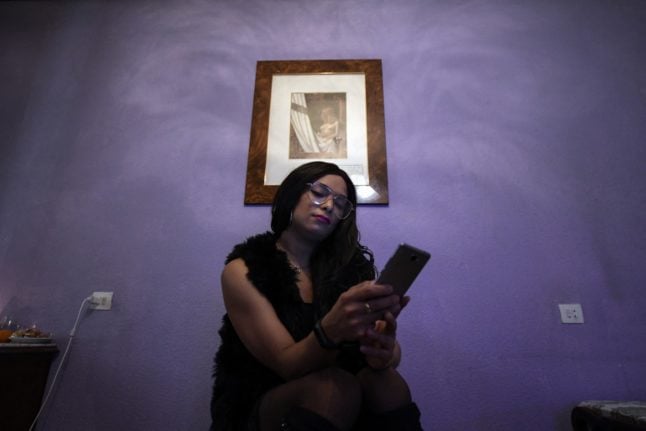
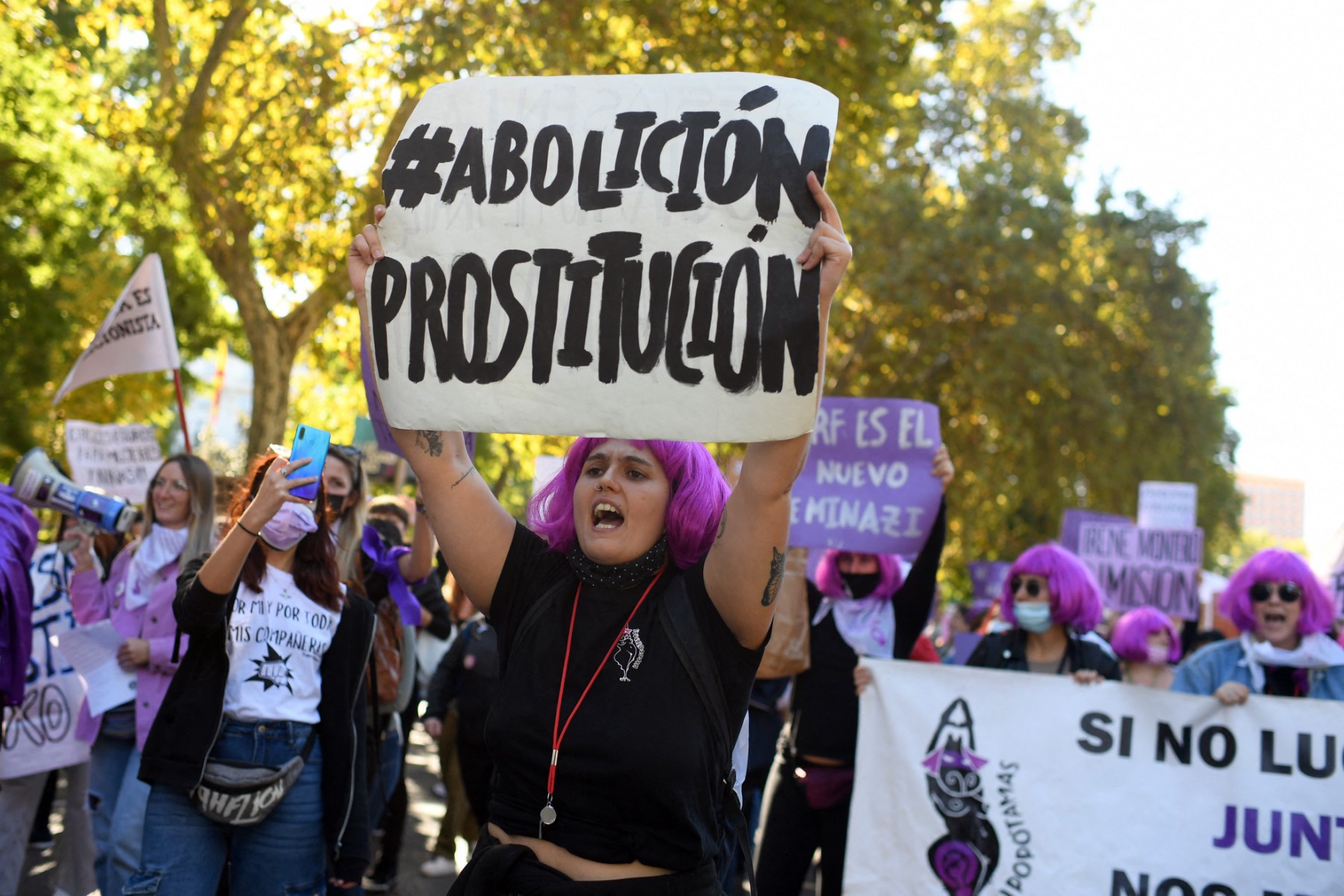
 Please whitelist us to continue reading.
Please whitelist us to continue reading.
Member comments